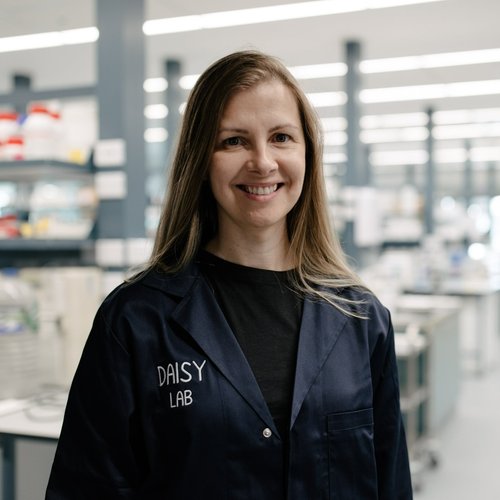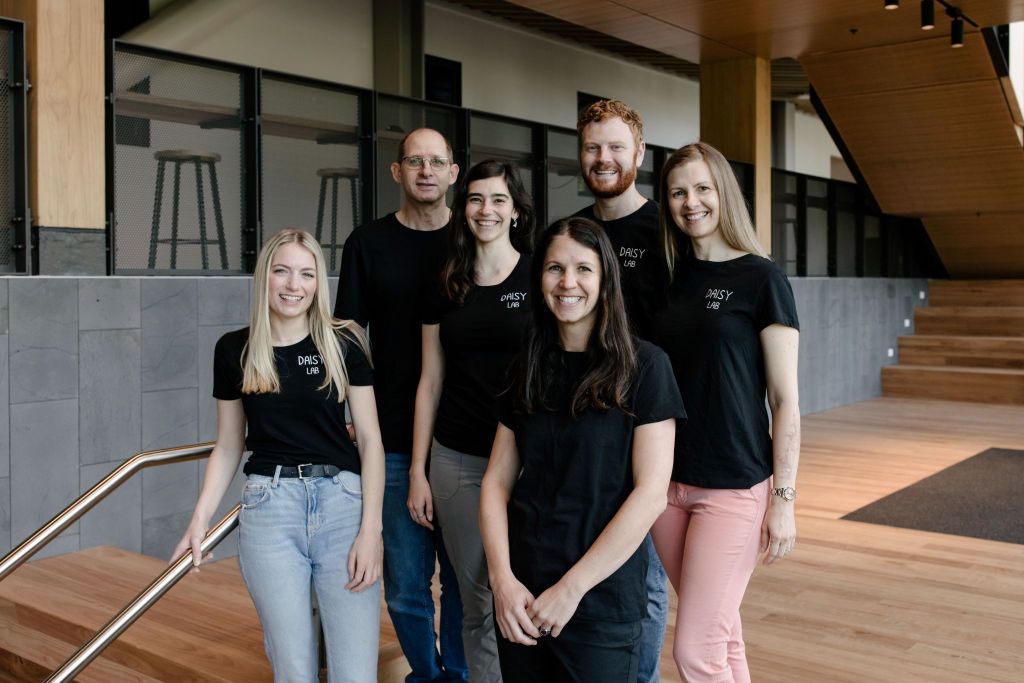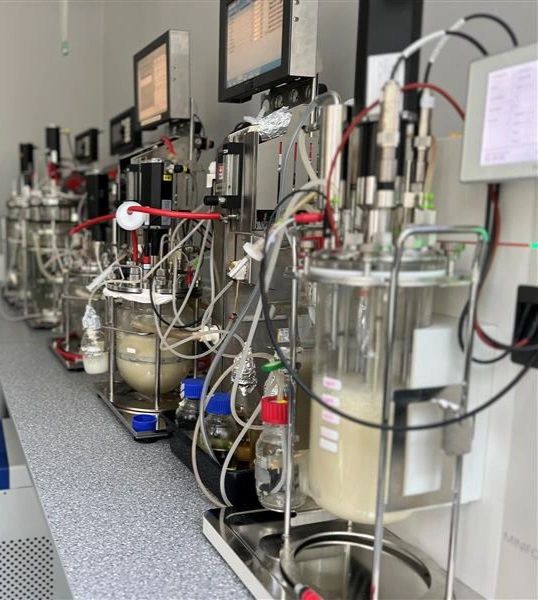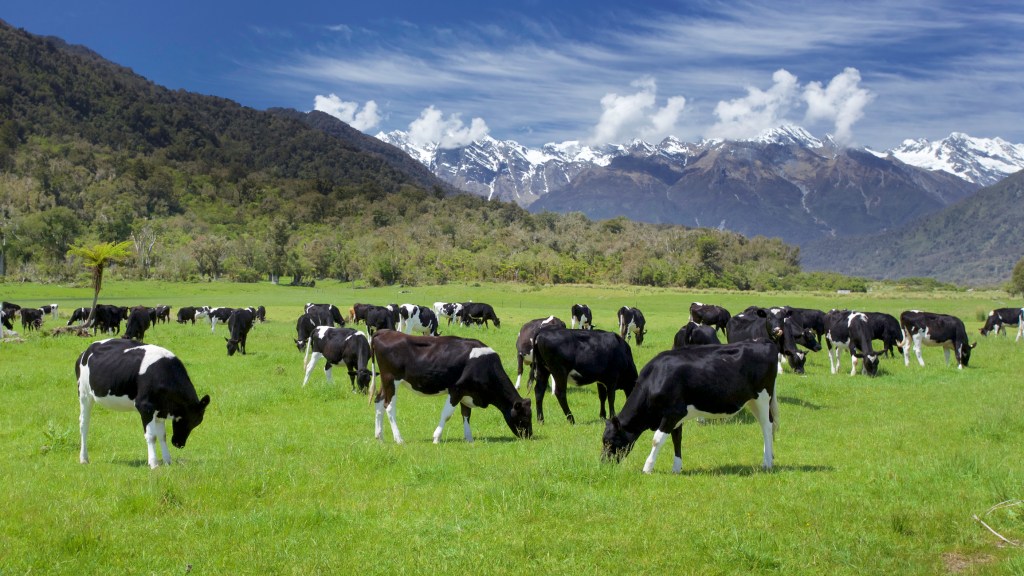Precision fermentation company Daisy Lab has received approval from New Zealand’s Environmental Protection Agency (EPA) to produce dairy-identical proteins using genetically modified organisms in a contained facility.
EPA’s General Manager Hazardous Substances and New Organisms, Dr Chris Hill said the start-up now holds an existing approval to genetically modify two types of yeast in a secure laboratory environment. The application was made under the EPA’s rapid assessment pathway.
Precision fermentation refers to the controlled cultivation of genetically modified (GM) microorganisms (in this case yeast) in bioreactors.
In the case of Daisy Lab, the yeast is genetically modified to include the gene which codes for the desired protein. The GM yeast is then cultivated in large-scale fermentation bioreactors, where it produces the desired proteins, which are then harvested and purified to ensure they are free of any genetically modified organisms (GMOs).

Daisy Lab Co-founder & CEO Irina Miller spoke to Future Alternative about the impact the approval will have on the company.
“The EPA approval unlocks the next stage of development for Daisy Lab in New Zealand,” Miller said. “It will allow Daisy Lab to build and/or operate a pilot plant of up to 5,000L capacity. Traditional dairy processing plants typically operate at 50,000 to 500,000L scale. It means that our pilot becomes representative of the technology and how it would be deployed on a commercial scale.
“We believe it will be enough to convince existing dairy processors globally to branch out into this new technology. Dairy processors are best positioned to do it as they already have all the required downstream processing equipment. Without the EPA approval, we would have to outsource the scale-up work to an overseas provider, potentially diluting our IP and missing the opportunity to utilise New Zealand’s expertise in downstream processing.”

The potential impact on NZ’s food sector
The EPA approval is being viewed as a significant step forward not just for Daisy Lab but for the domestic novel foods industry. NZ’s Science Media Centre (SMC) reached out to a series of experts for their views on the milestone.

Dr Rob Burton, Research Professor, Ruralis – Institute for Rural and Regional Research, Norway, emphasised how bioreactors must use renewable energy (RE) for the climate benefits of precision fermentation to be realised. However, he said NZ’s abundant RE supply gave the country the potential of becoming a supplier of precision fermented protein.
Dr Burton also said a scaled-up precision fermentation industry may offer a strong challenge to NZ’s dairy industry, though some believe it will simply address supply issues related to the growing global population and climate change.
Dr Scott Knowles, Senior research scientist, AgResearch, said: “This is a welcome advance in capability that will grow our understanding of the opportunities with this technology in a New Zealand context. It adds to research that is already being carried out safely and securely with GMOs in facilities around the country.”
Knowles added that while precision fermentation poses a potential risk to traditional agriculture if some products are eventually produced in large quantities, such products will most likely be complementary rather than competitive.
He also identified making and exporting premium high-value proteins that are scarce in fresh dairy milk and absent in plant-based milks as a potential opportunity for NZ.

Dr Alec Foster, Portfolio Lead Bioproducts and Packaging, Scion, said: “This milestone seeds further innovation, investment, and adoption, and provides an example for other companies to follow across multiple sectors including food, pharmaceuticals, and biomaterials.
“There are currently over a dozen companies in New Zealand exploring the vast potential of precision fermentation across diverse applications. With potential changes in legislation on the horizon, I believe we will see more and more of these companies not simply performing research, but taking that crucial next step of scaling up and commercialising these innovative processes and products.”
Daisy Lab recently debuted a series of prototype consumer products showcasing the potential of the technology, including a high protein soy milk base ice-cream, various vegan cheeses, and a coconut-based vanilla yoghurt.
To stay up-to-date on the latest industry headlines, sign up to Future Alternative’s enewsletter.
Posted on:


